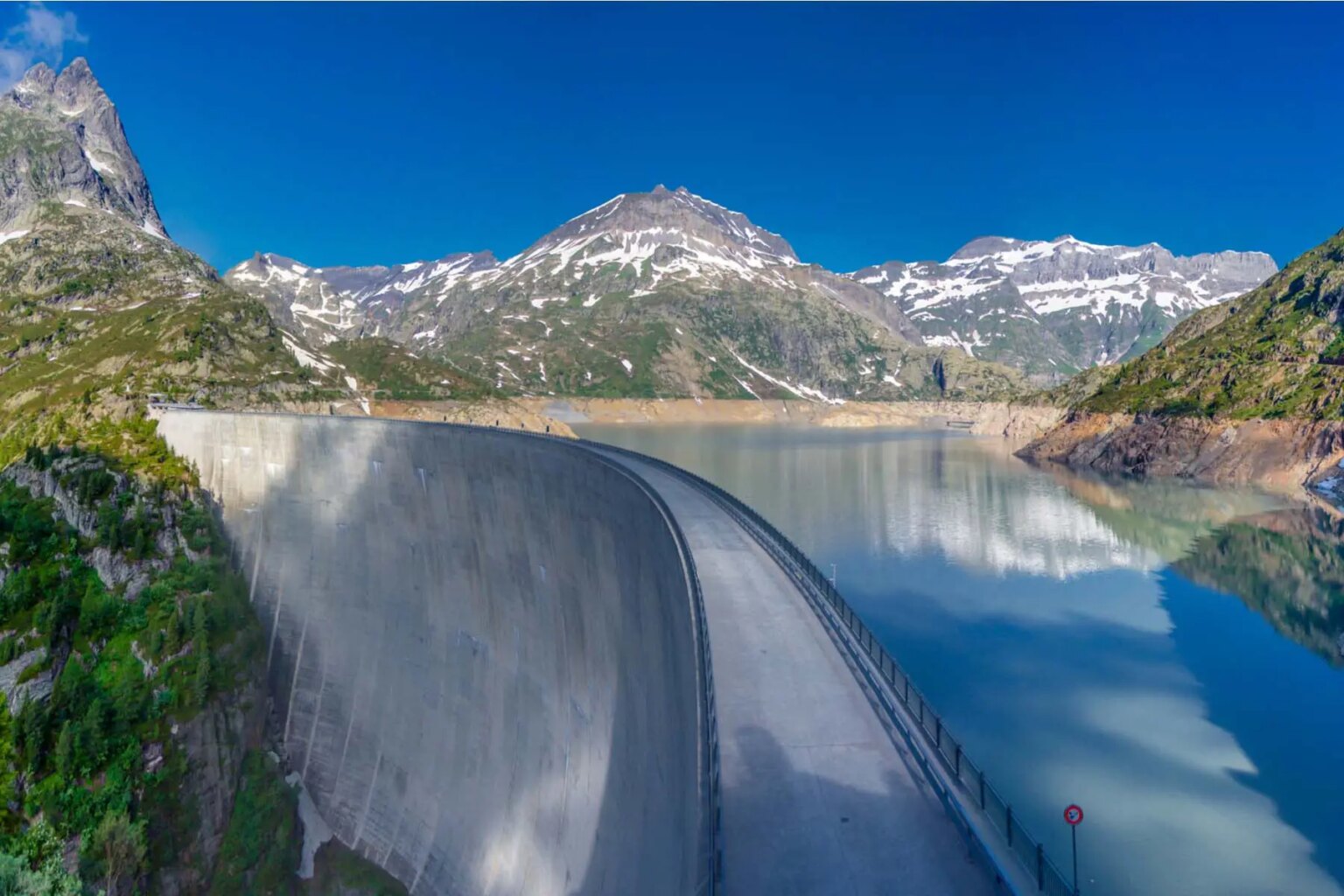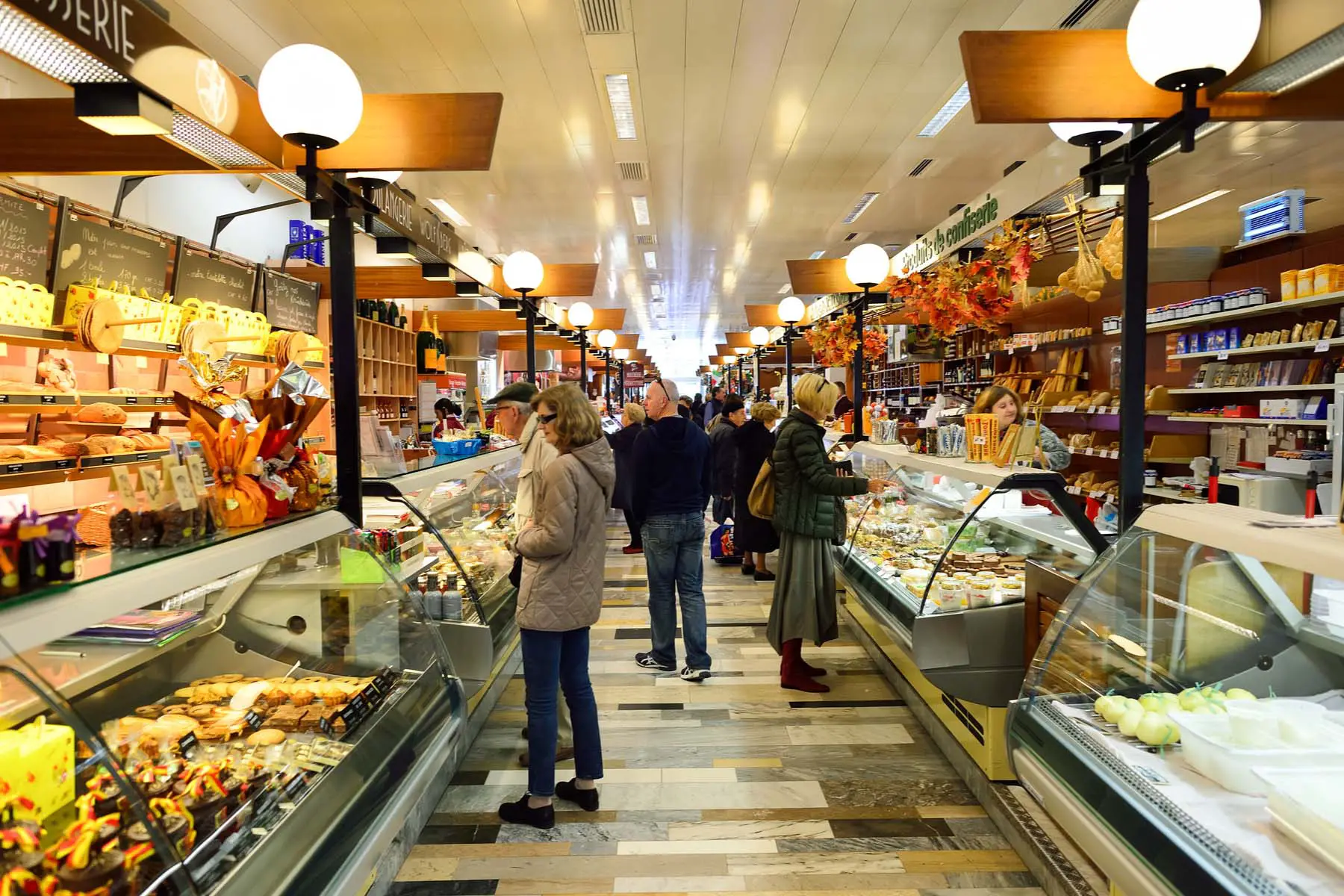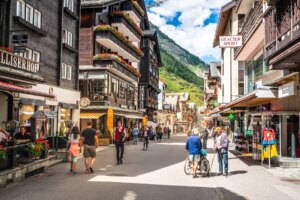Connecting to the local utilities is one of the first things you will need to do when moving into a new home in Switzerland. This includes setting up your water, gas, and electricity supply. If you also want to set up Swiss TV, internet, and home phone, then make sure you read our dedicated guide for more information.
Thankfully, setting up your utilities in Switzerland is relatively straightforward, with a variety of options to choose from. Whether you’re buying a cozy alpine retreat or renting a studio in Zurich’s hippest quarter, this helpful guide provides the following information:
alao
Find the perfect Swiss mobile, internet, or TV package with just a couple of clicks. Alao let you compare hundreds of cellphone and home internet plans to find one to fit any budget. They also offer exclusive deals and advice seven days a week. Top mobile and internet deals are at your fingertips with alao.
Utilities in Switzerland
If you’re relocating to Switzerland, it’s a good idea to familiarize yourself with how local utilities operate to ensure that you get the most out of your home energy connections. That said, understanding the local Swiss system can seem confusing for new arrivals. For starters, there are around 900 local and regional energy companies involved in electricity distribution. However, you won’t need to deal with all of them, so let’s start with the basics.
Unlike in many other European countries, the Swiss utilities market has not been fully liberalized. This means that households are generally unable to choose their energy provider and instead, need to sign up with their local supplier. Notably, suppliers differ between cantons and cities, so be sure to check who provides your local energy when moving into your new home. The Swiss government has long had plans to fully liberalize the energy market for households. However, previous attempts to do so have failed in referenda, so whether this actually happens still remains to be seen.
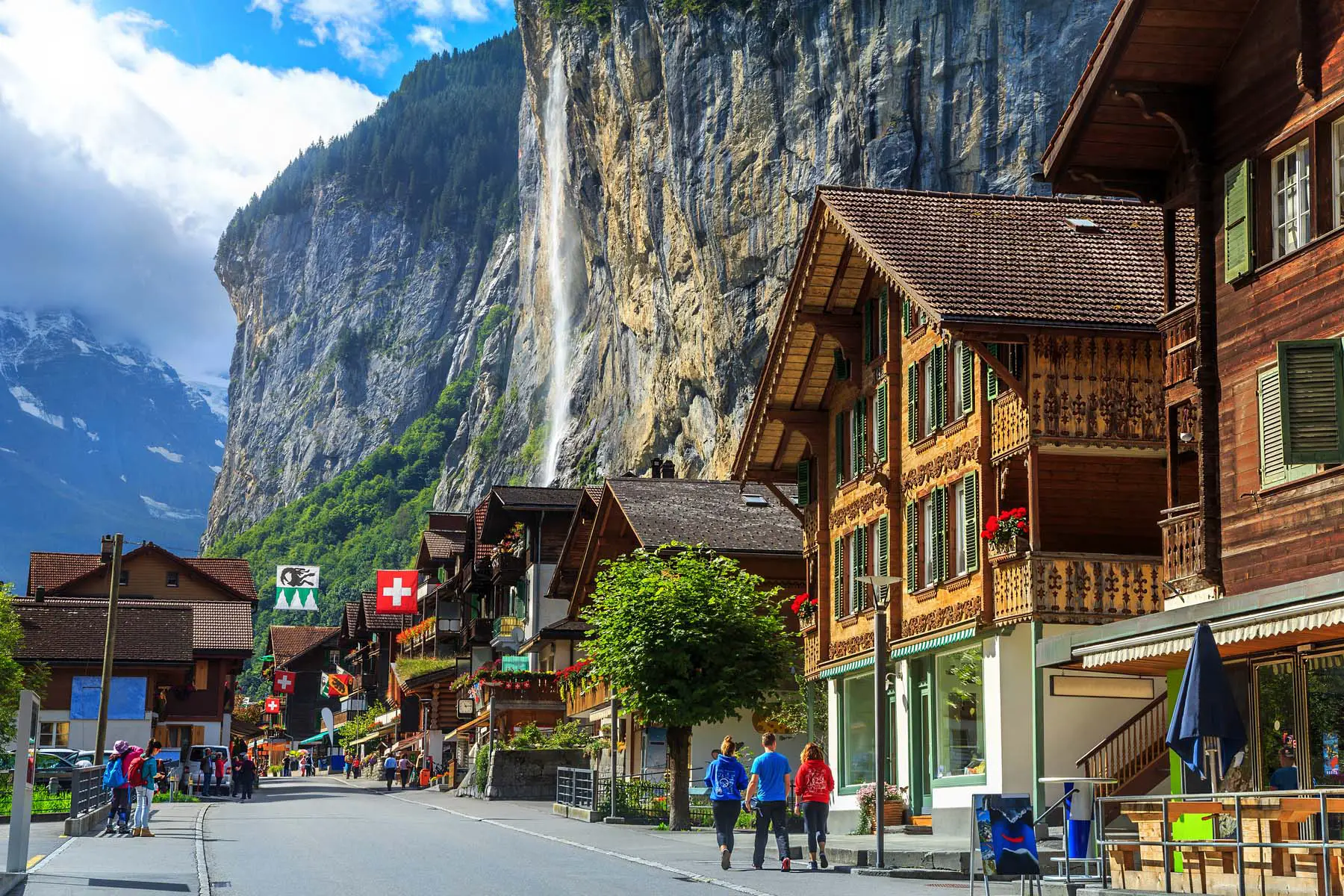
The water supply in Switzerland is also provided at a local level by regional providers, so you won’t be able to choose your supplier. You’ll simply have to sign up with the provider of your local city, area, or canton. You’ll need to contact your local municipality for more information on your local water provider.
Getting connected in a new home
If you’re a new arrival to this beautiful alpine nation, then setting up your home utilities will probably be high on your to-do list. However, the process differs slightly depending on your circumstances, and whether you’re buying, renting, or staying in the country short-term.
If you’re buying a new home without existing power connections, for instance, you’ll need to contact your local provider and arrange to be connected. This should be fairly straightforward, however, the process can take a few weeks, depending on your local provider. Therefore, be sure to contact them ahead of time. If a connection already exists, though, you’ll simply need to contact the supplier and tell them you want to establish your own connection in your name. Just bear in mind that you will likely need to provide the name of the previous owners, so it’s a good idea to have this on hand when sorting this out.
If you’re renting in Switzerland, your utilities will probably be included in your rental costs. For more details on these costs, you can request them from your landlord, who should provide them. As with any contract, however, it’s important that you clarify what you’re actually paying for before signing your rental agreement. If utilities aren’t included in the rent, you’ll have to sign up with the local provider. Remember, you’ll likely need the previous tenant’s name, so ask your landlord for this ahead of time. In serviced apartments, on the other hand, utilities should be included in the rental payments for short-term leases.
Setting up electricity and gas in Switzerland
Switzerland has a well-developed energy network that serves homes and businesses across the country. Your provider will depend on where you live, with companies typically serving a canton or city area. To find out more about your local supplier, you should contact your municipality or simply search online. Be aware, though, that while you typically won’t be able to change this provider, you will be able to choose from different energy packages.
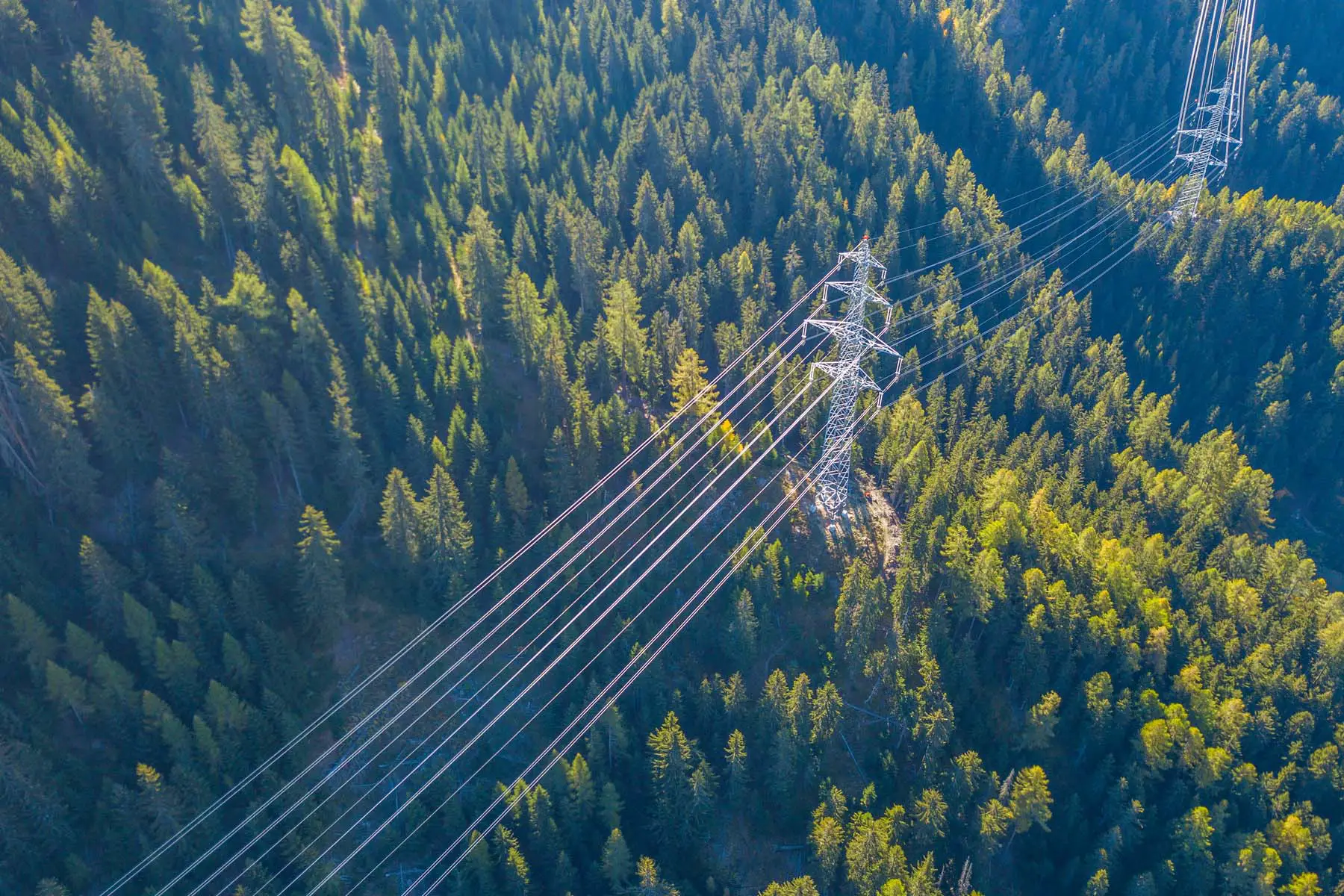
The electricity network is available across Switzerland and smart meters are increasingly commonplace throughout the country. These can help you better manage your energy consumption, allowing you to make greener decisions regarding your usage. Notably, although gas is not as popular in Switzerland as it is in other countries, it is still available across much of the country. That said, in more rural and mountainous areas, connection to the gas network might not be possible. If this is the case for your property, then you may want to consider installing a gas tank if one doesn’t already exist. You can contact your local municipality for information on the requirements for installing one.
Energy suppliers in Switzerland
Switzerland has a large number of energy suppliers, as well as several hundred that operate in the energy distribution networks throughout the country. However, as Switzerland’s energy market has not been fully liberalized, you’ll only need to concentrate on one of these many suppliers: your local provider. While this may be surprising for some new arrivals to the country, the existing system is popular with locals and has helped consumers avoid many of the cost increases seen in other energy markets. This popularity was evident in the 2002 referendum, which saw locals vote against plans to liberalize the energy market.
Switzerland has many energy providers, each of which serves its own area, which is typically a canton or city. The energy providers in the larger Swiss cities include:
- Basel: IWB
- Bern: EWB
- Geneva: SIG
- Lausanne (Vaud canton): Romande Energie
- Zurich (canton): EKZ
- Zurich (city): EWZ
Although you may not be able to choose your energy provider, you can still choose your energy package. Most providers offer a small range of different tariffs to choose from which can include green energy options among others. You can ask your local provider for more information to check how these can meet your needs.
Green energy in Switzerland
Looking to live more sustainably in Switzerland? One way to do this is by signing up for green energy. In recent years, Switzerland has seen a surge in the amount of energy produced from renewable sources, with hydropower being the main source of electricity in the country. Switzerland has 638 hydroelectricity plants across the country, including the 285m high Grande-Dixence dam, in the canton of Valais. Other renewable sectors are also seeing growth, including wind and solar power.
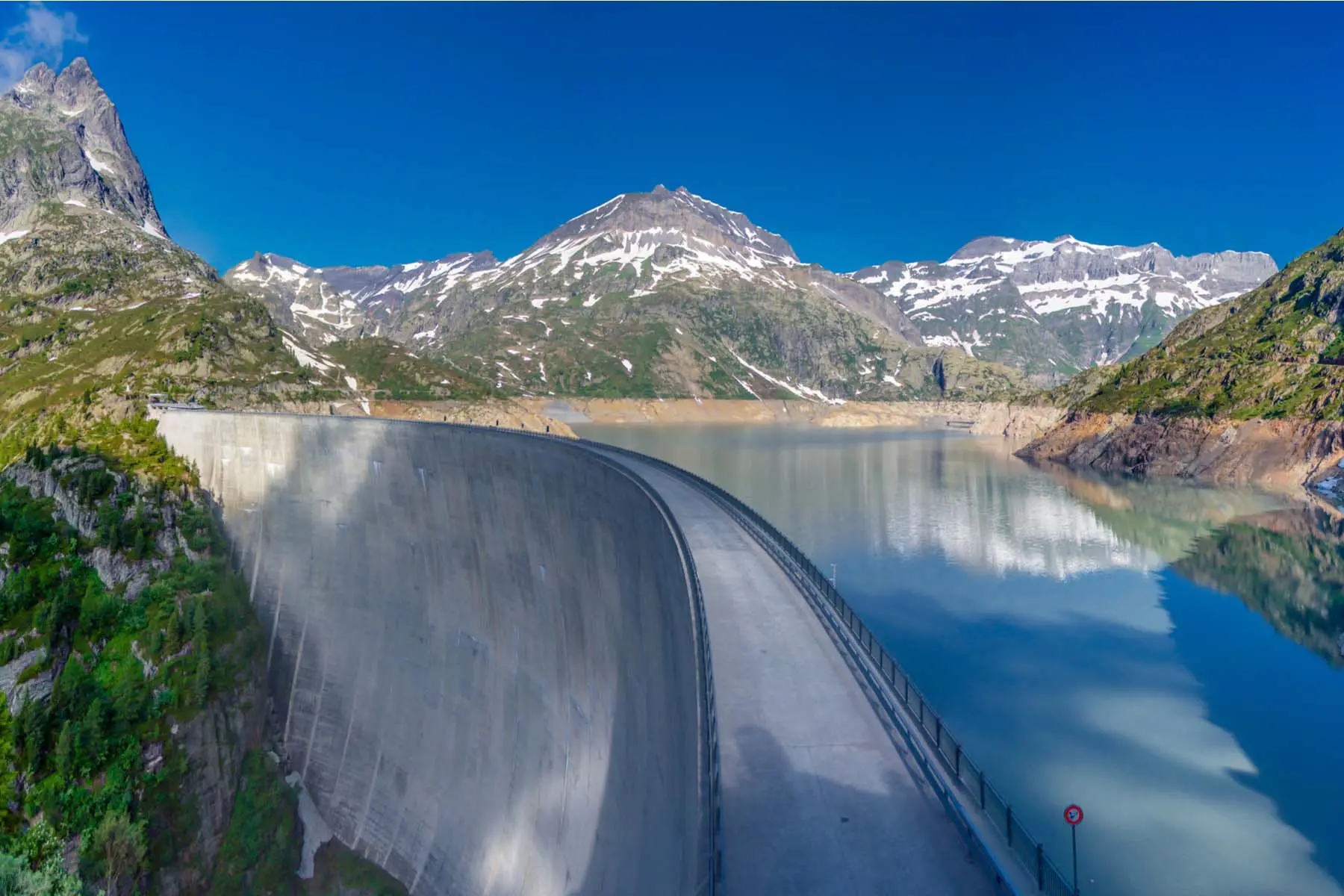
Most providers offer tariffs for energy that is sourced from renewable sources. Many of these sources are located in Switzerland, with some companies even offering local tariffs that only include energy produced within the canton itself. Green tariffs are typically more expensive than other tariffs, however, if you’re keen to live more sustainably in your new Swiss home, then this could be a great way to start.
Connecting your energy supply
Once you have chosen your Swiss energy tariff, the sign-up process is fairly simple. All you need to do is contact your local supplier and provide the necessary information. You will typically be able to do this via telephone or on the provider’s own website. To complete the sign-up procedure, you will likely need to provide the following:
- proof of identity (passport or ID card)
- details of your Swiss bank account
- proof of address (house deeds)
- smart meter ID (if applicable)
If you wish to set up a brand new connection, the process can take a few weeks. Therefore, it’s best to try and arrange it as early as possible to avoid any disappointment.
Paying your energy bills
Before setting up your new home in Switzerland, it’s advisable to open a Swiss bank account. Not only will this help you avoid any potential problems when it comes to arranging automatic collections from non-Swiss bank accounts, but you will also find it helpful in other aspects of everyday life.
Payment is typically done via automatic collection (direct debit) from your bank account. You may be able to arrange another payment method, however, this will likely be easiest. Payment intervals will depend on your provider, although most provide an annual statement should you need to pay or receive any additional fees.
Changing your energy supplier in Switzerland
Due to the nature of the Swiss energy market, you are unable to switch energy providers. However, if you are moving into the region of another supplier, then you can simply contact them when you know your moving details and they will be able to process your relocation. Just be sure to let your former supplier know that you are leaving. You may also need to provide meter readings to ensure a smooth transition period.
Making a complaint about a Swiss energy supplier
Should you have any complaints about your meter, meter readings, or energy bill, then you should contact your provider immediately. This will give your energy provider plenty of time to address any issues. They may then choose to send a technician to your home, should you have an underlying issue with your meter or connection. Details of your supplier’s complaint process can be found on the company’s website.
Electricity suppliers in Switzerland are regulated by the Federal Electricity Commission (EICom), a federal government body. If you have a complaint about your utilities provider in Switzerland, or your initial complaint has not been resolved, then you should contact EICom. However, be aware that some of the processes may only be available in locally-spoken languages, so get ready for some practice.
Swiss voltage and power plugs
If you’re moving to Switzerland, don’t plug anything in without making sure that your electrical goods are compatible with the local voltage. In Switzerland, this is around 230V (50Hz) – the standard voltage for much of Europe. However, this is significantly higher than other non-European countries, so check your appliances and gadgets ahead of time to avoid any issues or incidents. You may need to invest in some new electronics to avoid any dangerous burnouts.
Swiss power sockets are like the rest of Europe, with two-pin plugs and sockets (Type C and the older Type F). If your appliances are not compatible with these sockets, you’ll need to invest in a power adapter. These can be bought at all good electrical outlets.
Power cuts in Switzerland
Power cuts are pretty uncommon in Switzerland, but they do still happen occasionally; particularly in more rural, mountainous areas. To avoid being left in the dark, make sure you have some candles or battery-operated lights in the cupboard just in case. If your power does go, first check to see if your neighbors still have power. If they do, then the problem is likely to be in your house. You should check your fuse box to see if you have accidentally tripped or blown a fuse.
On the other hand, if your entire neighborhood is in the dark, then you might want to contact your local utilities company in Switzerland. Chances are they will already know about the problem, but you can still inform them and find out when they expect to address the issue. You will find their contact information on the company website, as well as any correspondence they have sent you.
Water supply in Switzerland
Thanks to its alpine location, Swiss water quality is among the highest in the world. In fact, local tap water is the most controlled food product in Switzerland. And expats arriving in the country will soon be able to fill up on all this great alpine water by setting up their home water connection. Water supply is administered at local levels, often through the same company that provides electricity and gas; therefore, you can’t choose your provider. You can contact your local municipality for more information on your local water provider, or if you need to set up a brand new connection.
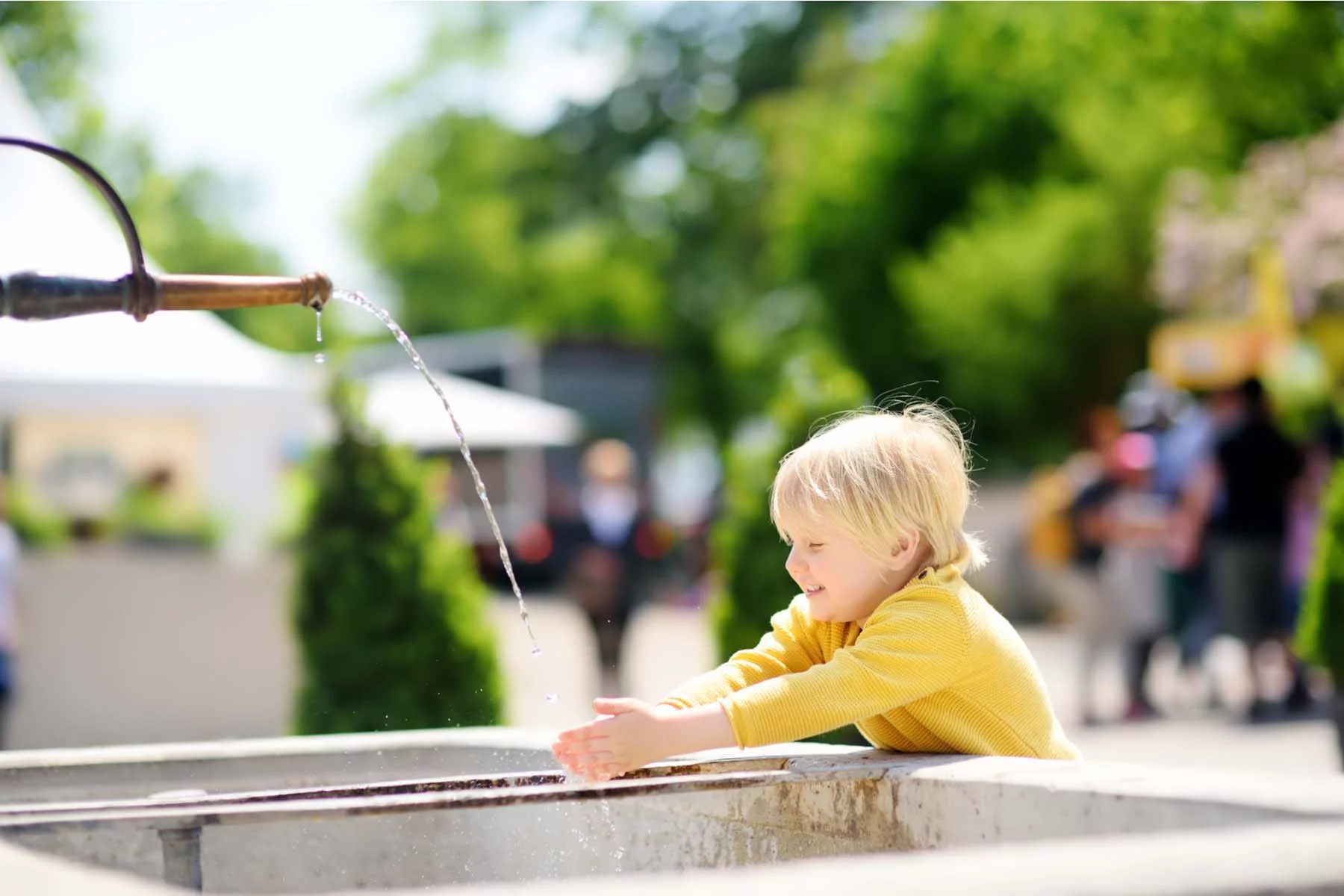
When signing up, you’ll need to give your local water provider the necessary contract information and a meter reading from the day you move in, if required. You’ll also likely need to provide the name of the previous owner or tenant to help ensure a smooth changeover process. Although it isn’t typical, the company might also wish to send a technician to your home to sort out the new connection.
Paying your water bill
To sign up as a new customer, you will also need to provide relevant payment details. You can typically make these payments through automatic collection (direct debit) every quarter. Charges can also be bundled together with other fees, such as municipal taxes and energy supply. If you’re renting in Switzerland, however, then your water usage will usually be included in the rent.
Swiss tap water
Tap water in Switzerland is of excellent quality and tested regularly by the local water providers. Water hardness varies substantially across the country. Typically, Zurich, Bern, and other communities along Switzerland’s central plateau have harder water. To the south of this, however, you’ll find softer water in the more mountainous areas. Should you wish to soften your water, though, you can always purchase a water filter relatively easily.
Useful resources
- Federal Electricity Commission (EICom) – Swiss federal electricity regulator
- Swiss Federal Office of Energy (SFOE) – Federal energy information and policy
